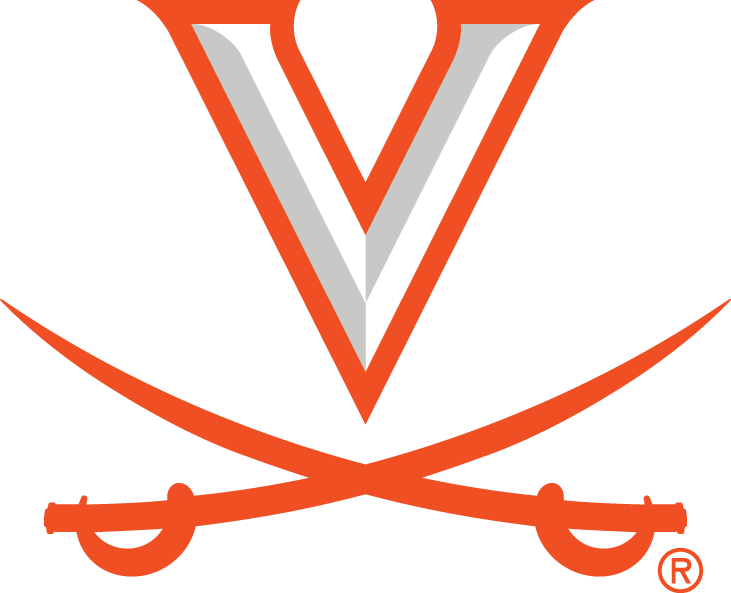By Jeff White (jwhite@virginia.edu)
VirginiaSports.com
CHARLOTTESVILLE –– In women’s soccer, the University of Virginia has made 26 consecutive appearances in the NCAA tournament and, after a strong fall season, is likely to add a 27th in the spring.
UVA has had even more prolonged success on the men’s side. Under two head coaches––first Bruce Arena and, for the past quarter-century, George Gelnovatch––the Cavaliers have won seven NCAA titles. Moreover, UVA has advanced to the NCAAs in each of the past 39 seasons, a record in college soccer (men’s or women’s). Gelnovatch’s latest team, however, has work to do in the spring to make it 40 in a row.
The COVID-19 pandemic brought about a major change for college soccer, traditionally a fall sport. In 2020-21, the NCAA will crown its national champions in May, and ACC teams will play two seasons: fall and spring.
The UVA men finished the fall with a 3-4-1 record after losing to eventual champion Clemson in the semifinals of the ACC tournament. The Wahoos went 2-3-1 during a regular season in which they played only ACC games.
The NCAA men’s tournament, usually a 48-team affair, will have a field of 36 in the spring. Playing in the rugged ACC usually assures UVA an excellent strength-of-schedule ranking, and Gelnovatch believes his team will be well-positioned to reach the NCAAs if it’s at least .500 coming out of its spring regular season. ACC teams are hope to be able to play some non-conference games in the spring, he said.
“We’ve just got to make sure that we’re not giving anybody any excuses to not add us in,” said Gelnovatch, who has guided the Cavaliers to two NCAA championships (2009 and 2014).
In 2019, UVA won the ACC title and advanced to the NCAA championship game before falling to Georgetown in a penalty-kick shootout. From that team, the Cavaliers lost starters Daryl Dike, Joe Bell, Henry Kessler, Robin Afamefuna and Daniel Steedman, so it’s no surprise they stumbled at times this fall.
It didn’t help, either, that the pandemic resulted in major schedule changes for the Hoos. Of UVA’s fall teams, men’s soccer was to last one to launch its season.
Gelnovatch scheduled two preseason games that ended up being canceled. Virginia finally took the field Sept. 25 for an exhibition game against Navy at Klöckner Stadium, but then had to wait two more weeks to open the season.
UVA was supposed to open Oct. 3 against Virginia Tech, but COVID-19 issues in the Hokies’ program forced the postponement of that match. The Hoos didn’t play their first game until Oct. 9, when they edged Louisville 2-1 at Klöckner Stadium.
